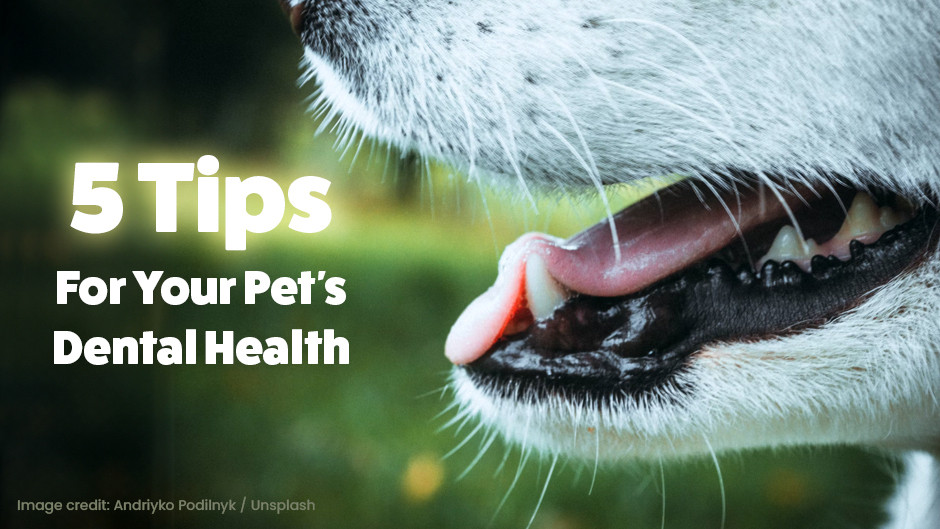Pet Health Articles
Acupuncture
Long before scientists began anatomy as we know it today, traditional Chinese medicine had mapped out a system of points and pathways on the body. They understood as early as eight thousand years ago that by stimulating specific points on the surface of the body, they could find relief from pain and disease. As more and more research is being done on this ancient form of medicine, it is easier for us to understand how acupuncture has these effects.
Scientists now know that acupuncture points are in areas of increased nerve endings and blood supply, often at places where muscles begin or meet. Stimulating an acupuncture point increases blood flow and releases natural opioids, endorphins, and serotonin, leading to pain relief and healing. Acupuncture points are connected along pathways, or “meridians”, so that stimulation of a distant point can have effects on other areas of the meridian. Because of these connections, it is possible to treat problems affecting internal organs by placing needles on the surface of the body. Acupuncture can be used to treat many diseases including arthritis and other causes of pain, seizures, urinary incontinence, and gastrointestinal problems. By integrating acupuncture into your pet’s health care, we can take advantage of the body’s own healing and pain relief capabilities without worrying about the side effects sometime associated with medications.
There are various ways to stimulate acupuncture points, including dry needles, aquacupuncture, electroacupuncture, and moxabustion. Needles are typically left in place for 10-30 minutes. When a disease is first being treated with acupuncture, it may take 2-3 sessions before results are seen. These sessions should be repeated once or twice weekly. When the problem has been successfully managed, the sessions may only need to be repeated once every three to six months. Using conventional and alternative approaches, we strive to provide your pet with the highest quality of care. Please call the clinic if you have any questions.









